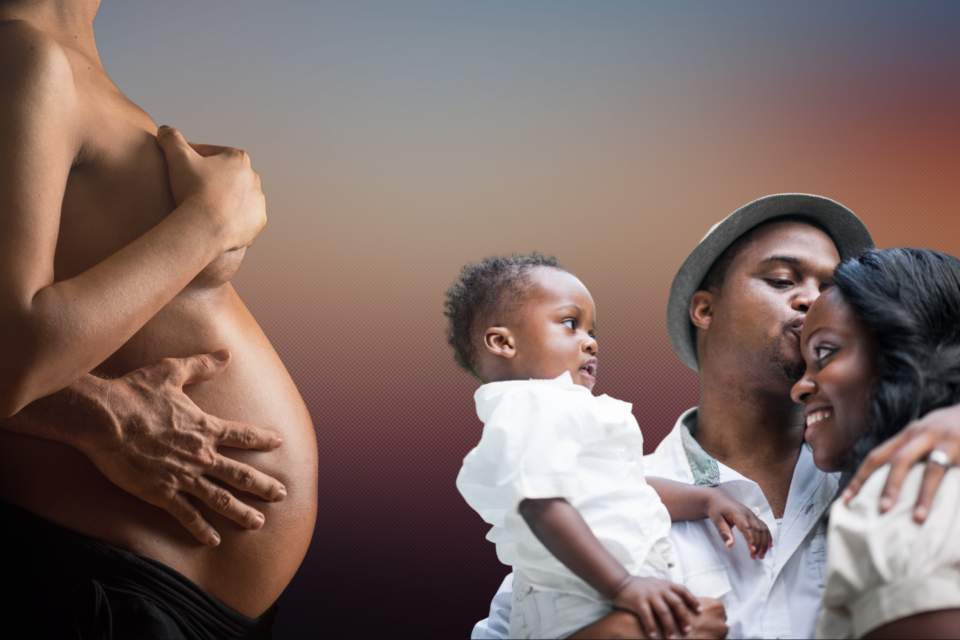It is of concern that there is inequity of access and outcomes within maternity services. Aiming to address the inequity the perinatal mental health team at NHSE South East region have created a filmed educational resource. In this article Jenny Walsh, Clinical Lead for Perinatal Mental Health, describes the creation of the film and discusses how it may be used to improve care.
Tackling Bias in Healthcare Settings: Developing a Health Inequalities Strategy across the South East Region.
Perinatal mental health services are undergoing an unprecedented period of rapid expansion. Running alongside this is a clear need to ensure that all women and birthing people have equitable access to these services and that outcomes are equitable for all. As Perinatal Mental Health Clinical lead for NHSE South East region I felt that, along with my team members Liz Cullen and the Perinatal Mental Health team, we were in a good position to address equity of access and outcomes across the PNMH pathway.
Maternity services are of course only one of the key stakeholders in the PNMH pathway, with findings from multiple MBRRACE-UK reports highlighting the stark difference in outcomes for those from Black, Asian and Mixed ethnic groups and those living in the most deprived areas. We wanted to respond to this and commissioned a film to look at the issue of race within the NHS.
Following on from the MBRRACE UK 2020 report, which highlighted that black women are 4 times more likely to die in the perinatal period compared to white women, we knew that this should be the focus of the film. However, even when considering that harsh statistic we knew we needed to identify what our message would be. We wanted the film to be a catalyst to make people look at their own attitudes. We also wanted the messages to be applicable across multiple healthcare settings even though it was largely filmed in maternity settings.
After discussion with numerous stakeholders, we came up with the idea of looking at the issue of race from the perspective of personal biases. Whilst cultural awareness is really vital for all healthcare professionals, and indeed all of us in society wherever we work and live, without this going hand in hand with self-awareness of our own personal bias it can only go so far. It is clear that every single one of us is looking at these issues through different lenses and, before real change can happen, we all need to be aware of what our own lens shows us. We felt from the outset that the film needed to be honest and not shy away from the issues, however difficult they were to hear.
It was awe-inspiring to see how many people were prepared to be filmed to talk about this issue whether from a lived experience perspective, third sector or statutory services. It was humbling to hear the tragic story about Sareena Ali and her baby from Sareena’s sister Tebussum Rashid who bravely shared the family’s awful experience which is woven throughout the film. There were other stories from personal experience of bias both from service users and from members of staff. The film can be watched here – The Bias Trap – A Way Forward.
The film has been well received and has already been picked up by a number of universities and trusts for training and induction. We have underpinned the messages from the film with a pan South East training programme that includes both cultural awareness training, covering multiple cultures, and cultural competency training. Some of this has been delivered via our monthly webinars where Health Inequalities is one of several ongoing themes. The webinars can be accessed here A series of perinatal mental health service webinars for 2022 – Welcome (southeastclinicalnetworks.nhs.uk)–
Lastly, I would just like to revisit the title of the film “The Bias Trap-a Way Forward” and for us to think about what the way forward might look like. This is all of our business if we genuinely want to see positive change and better outcomes for women and birthing people. The last part of the film has a number of contributors telling us what changes they would like to see, and the good news is that these changes are very achievable if we just become more open minded, reflective and compassionate to our patients, our colleagues and ourselves. Please watch the film and share it with your own colleagues and let’s work together to ensure we make a positive difference.
Jenny Walsh
March 2022


